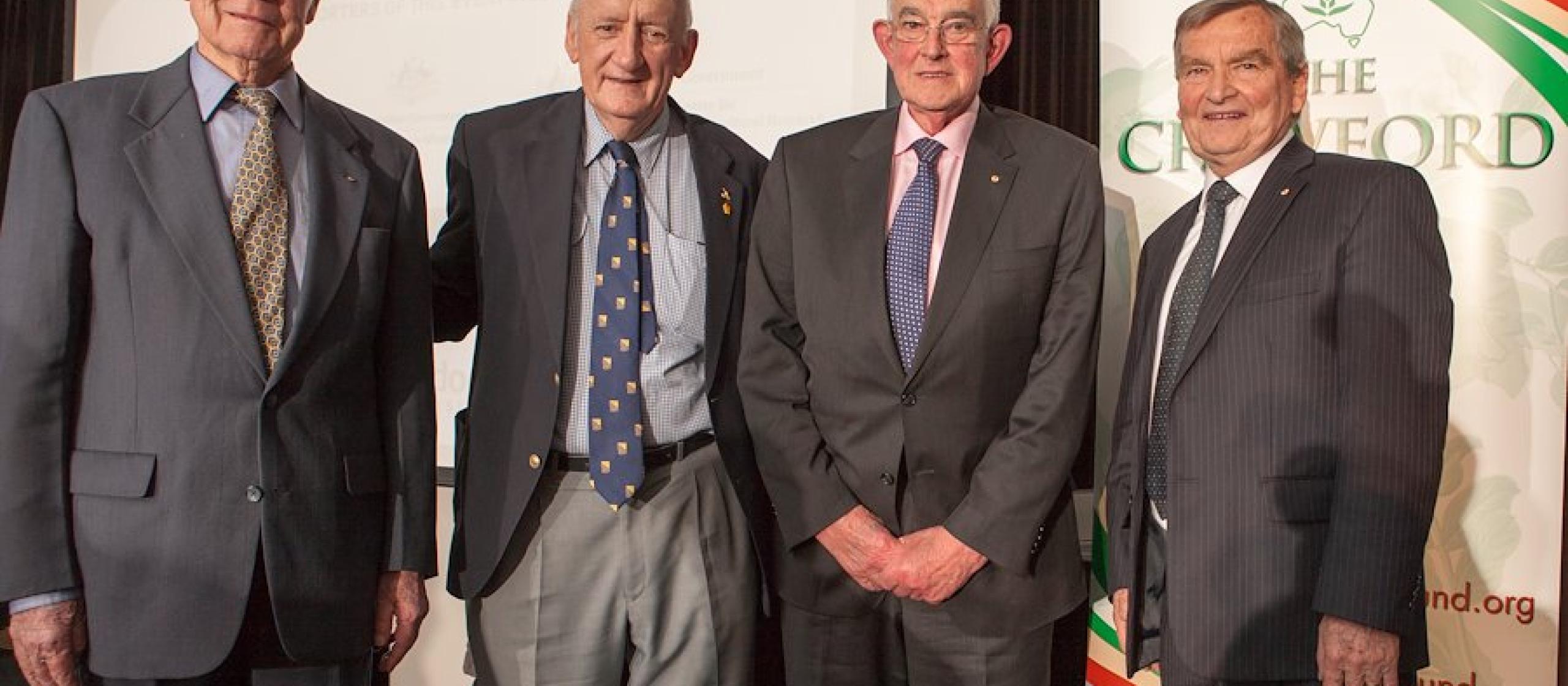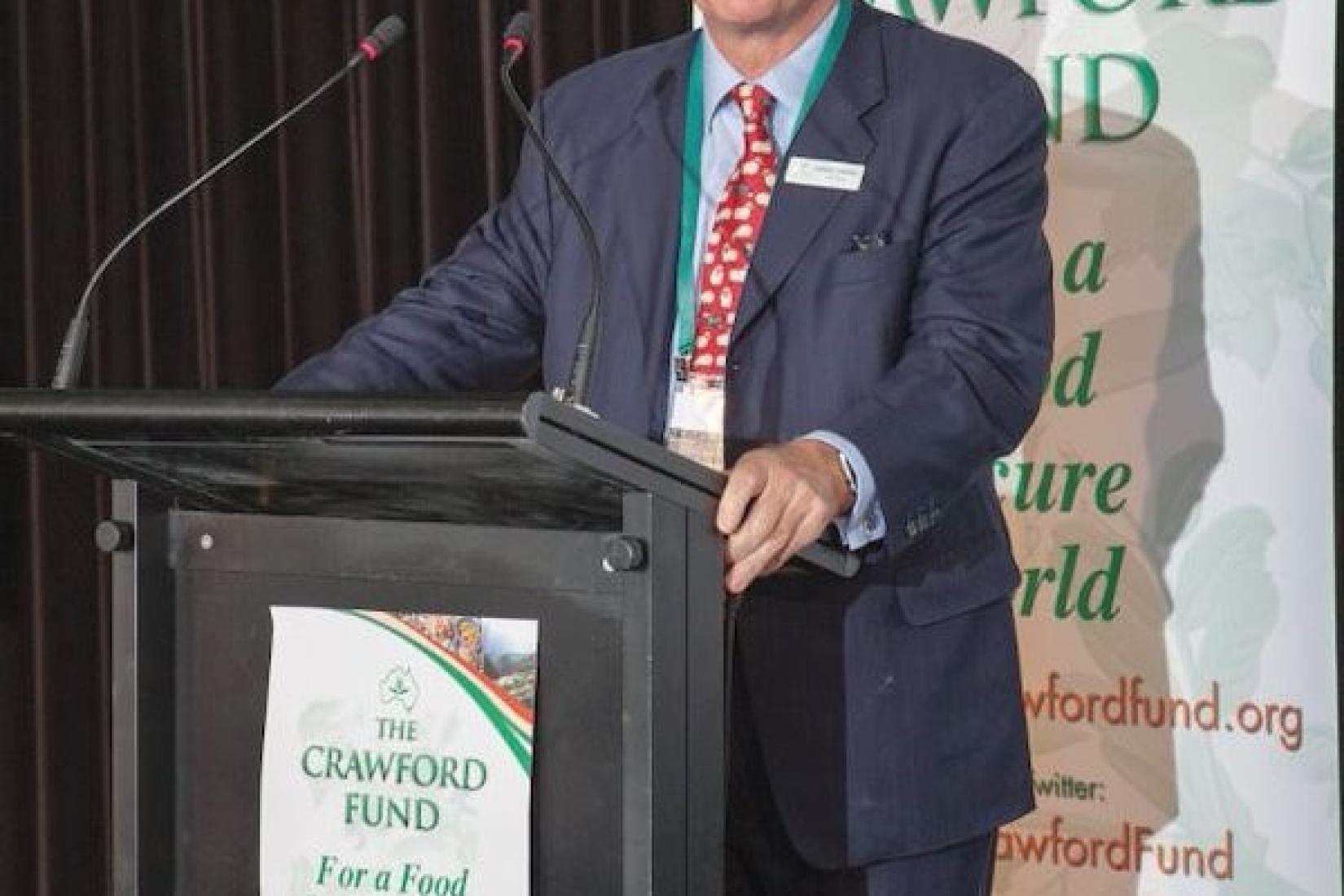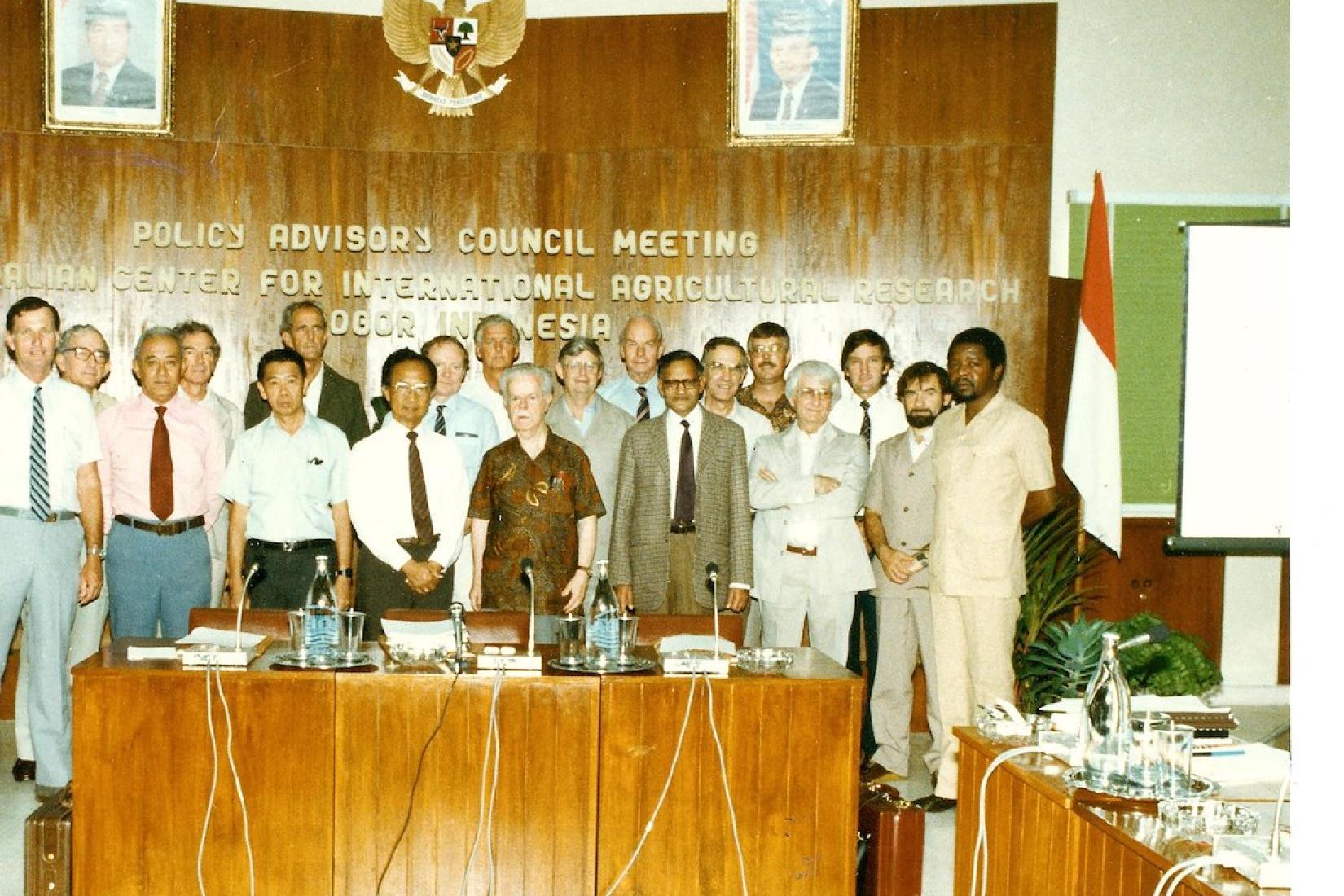In 2016 ACIAR asked the Crawford Fund to host RAID (Researchers in Agriculture for International Development), providing us with a major opportunity to engage directly with the emerging generation of agricultural scientists interested in overseas opportunities and to tailor-make training and development programs for them. With respect to mentors we expect that by the end of the current year, we will have two new mentors working in Cambodia (value chains) and Vietnam (forestry), complementing our significant work in this area in Laos (plant pathology).
Additionally, working with ACIAR and other partners, we have revamped our master class series and given growing demand will aim to run further master classes on Agricultural Research Leadership and Management, and Biosecurity over the forthcoming years. Attendees at these classes will add to the growing alumni of individuals who have attended and benefitted from ACIAR and Crawford Fund training activities. Finally, all of our activities have to be cognisant of the changing world we inhabit. Asian agriculture is undergoing a rapid structural transformation driven by growing urbanisation. Accompanying this will be a trend to larger farms and agricultural enterprises.
In Australia, state and territory governments are keen to build export markets for food products and agricultural services. Factoring these together should create opportunities for Australian companies to assist and invest in international enterprises and value chains, but may also pose new demands on natural resources associated with deforestation land and water degradation and changing water demand. We need to be in a position to demonstrate that Australian knowledge of sustainable agricultural system management is available to be applied both to facilitating opportunities and to solving emerging problems. Consequently, a critical goal is for the Fund to work with ACIAR and other partners including those in the private sector to ensure that Australia is seen as a knowledgeable, reliable and cooperative partner in tackling regional and global agricultural, food and nutritional issues. Furthermore, our distributed organisational structure with state and territory committees puts us in a good position to doing this effectively via networks of institutional and individual scientists. We look forward to continued collaboration with ACIAR in tackling these critical challenges.





